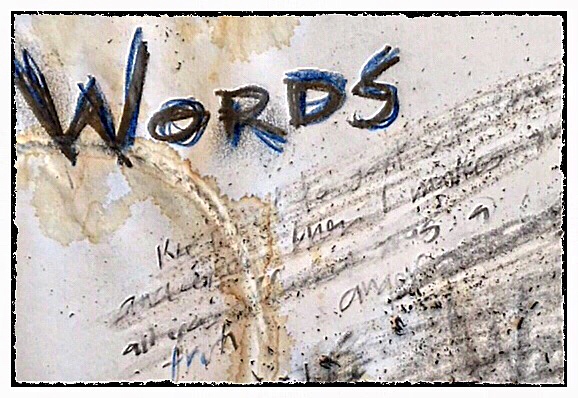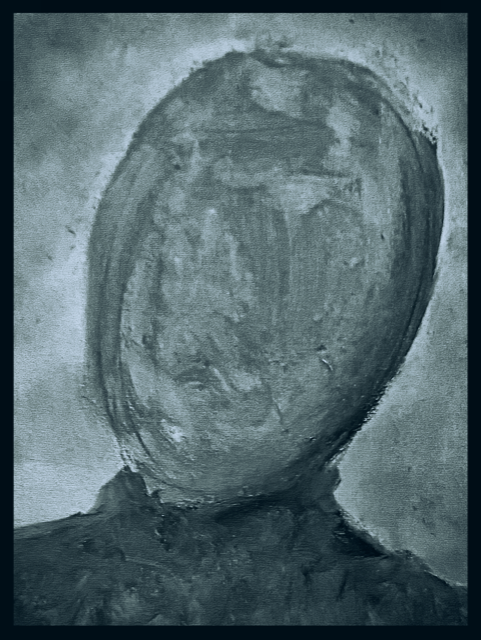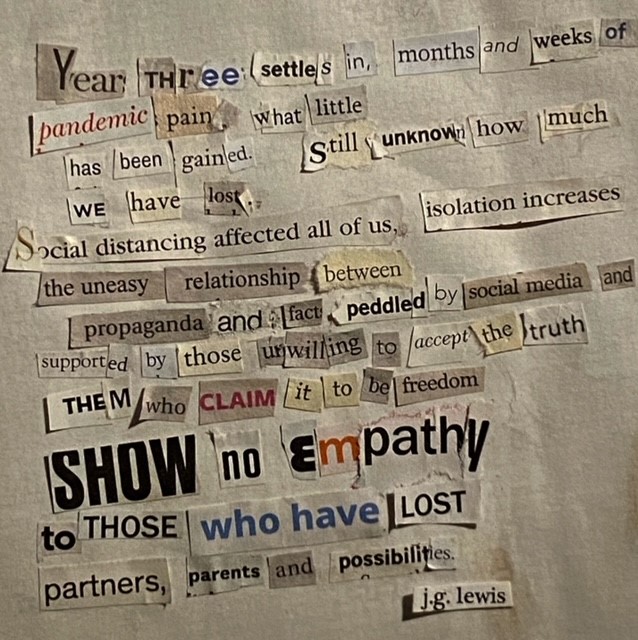
“A man without words is a man without thoughts.”
-John Steinbeck
No matter how deep or superficial, words always send a message.
Whether spoken or written, language is used to express a certain emotion, event or situation. Many times they will cause joy, or pain, or spell indifference. We react to words.
Sometimes you have a lot to say, other times there are words you can’t seem to let out; the ones that get stuck in your throat, or are washed away by tears. Where do they go?
Lately I’ve flipped through old notebooks and journals of the past to find scraps of information, half-finished sentences and paragraphs of words intended for someone else. Often they appear as incoherent thought, or accurate accounts of a moment. True, and purposeful, but never released. Now just a remembrance, or a reminder.
The further back I’ve gone, the harder it is to remember who the words were written for, when, or why I bothered scribbling them down.
Words express our worth. Language is used to soothe the soul or sort out details. This is why, mainly, we keep a journal as a map of where we’ve been. These are the skid marks on the road we travel.
Communication the root of all language, but it goes deeper. So much of the time we are trying to keep in touch with our self. There is liberation in letting words out. When you are no longer held hostage by thought, or limited by perspective, you can find calm or comfort.
I am exploring words I have passed over or let sit on the rough pages. There are so many things I’ve got to say, but perhaps these phrases, passages, or poems, have to be said before I can move further.
I have a letter, a couple of essays, and two poems I struggle with off and on. I know what should happen, am often encouraged with the progress, and still I cannot take them where I want to.
Reading over the pieces, I see too many sentences deleted, or altered. I’m not quite sure when the revisions happened, but they are real. Corrections. Still, through the eraser’s smudge, you can still see the meaning, the feelings, and the intention.
Not everything comes out like you want. Not everything will be received as expected. You slowly learn, and maybe that is what holds you back from saying what still needs to be said.
Oftentimes words need to wait for another day.
© 2018 j.g. lewis




